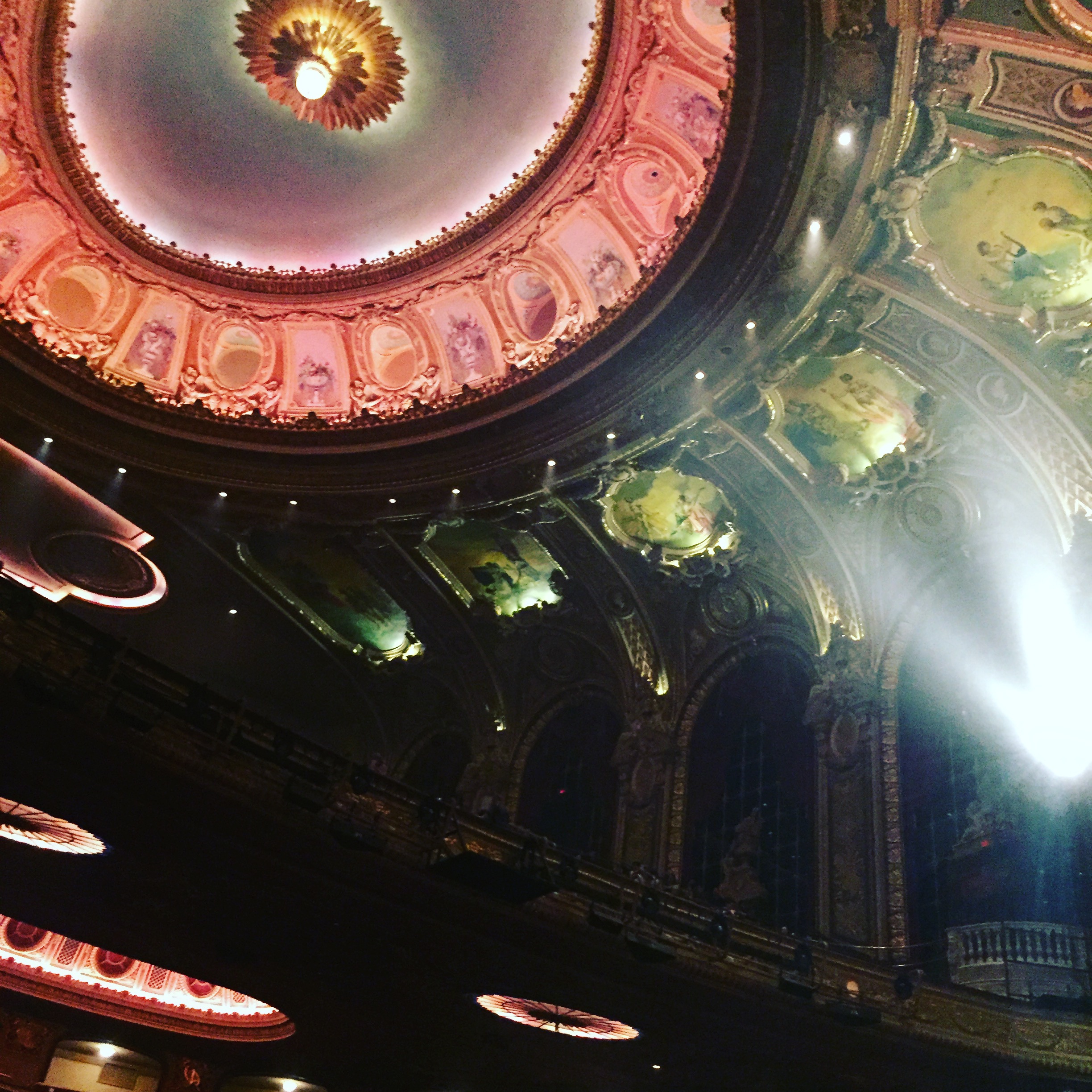
The seventh Studio concerns a movie (“The Father’) that offers us a powerful and often disturbing portrait of a man who refuses all assistance from his daughter as he ages. As he tries to make sense of his changing circumstances, he begins to doubt his loved ones, his own mind and even the fabric of his reality. There are many psychological ramifications ranging from the ways in which we relate to our own parents to the ways in which we reconstruct the world in which we live in order to somehow make sense of this world.
Questions:
- What is the appropriate role to be played by those providing psychological services in assisting family members and friends who are facing challenges associated with being of help to someone who is old and in cognitive/physical decline?
- What is the appropriate role to be played by those providing psychological services in directly assisting an older person who is in cognitive/physical decline?
- Is work with the elderly an important, emerging area of health psychology and what are the major challenges associated with this new area? What do we still have to learn about growing older?
- When we are going through a major transition in our life, how do we retain an appreciation for the life and relationships we have left behind? [This is a fundamental issue we must address when in the midst of what Bill Bridges calls the “neutral zone” that exists between the old and the new eras of our life.]
- What is this movie teaching us about our sometimes (or often) tenuous hold on reality?
- What is most touching, most disturbing, most enlightening in the story being told in this movie?
While most of the session was not recorded, allowing participants to freely express their own perspectives and share their own life experiences, the last 15 minites were set aside and recorded for general reflection on the themes that emerged during studio and the ways in which the movie might be introduced in a professional psychology session (psychotherapy, coaching, consulting). Following is this recording:
https://vimeo.com/620935076Copy
https://vimeo.com/620935076Copy
https://vimeo.com/620935076Copy
https://vimeo.com/user115296426/download/620935076/546c8334b1
https://vimeo.com/user115296426/download/620935076/546c8334b1
Here are some points of reflection regarding this movie. Each theme begins with a quotation from the movie:
- Father: “What are you doing here?”
- “I don’t’ need anyone.”
- “This woman is raving mad.”
- Everyone is a threat to his reality (a form of paranoia)
- Father: “What’s going to become of me?”
- “What are you doing here” [Paul appears]
- Selective memory: some details are retained, but no context for the memory units/they are operating as individual “engrams” (the opposite being an image of brain as a dynamic, tightly interwoven system)
- Denial: “Just look at me. I can make it on my own.”
- Anne is at different ages that are all mixed together
- Dissonance: “It’s just that . . .” (Paul comes and goes: “There is something funny going on.” “Strange things are going on.”
- Father: “I think you have been here before.”
- Laura shows up. Déjà vu as a jumbling of memories.
- The absent daughter (Lucy). Traumatic-based psychic structures built up in family regarding lost child (as in “Who’s Afraid of Virginia Wolff”)
- Denial that Laura is his new helper.
- Father creates a new identity (dancer)
- Father makes Laura into Lucy
- Husband to Daughter of Father: “You’ll have to get used to it.”
- For whom is this a delusion? The trauma is passed on (Menachem: My Grandmother’s Hands)
- Desire by daughter to kill father in fantasy
- Tension in her marriage
- Father’s watch is his continuity (“transitional object’) or is Anne his continuity? (But” I have got along without Anne”). Or is the continuity his other daughter who called him ”Little Daddy” (the idealized dead child).
- Husband to Daughtger of Father:“He’s ill!”
- A different reality emerges. Shocking for the viewer [does music provide continuity for the viewer: music is “transitional object” to make movie more bearable for viewer]
- Father meets with doctor
- Not even the music is working for the father
- “Anne: thank you for everything” (brief appreciation of daughter by father)
- Father overhears son-in-law (“He’s ill!”) Overhears son-in-law’s tension with daughter: “I am being patient . . . very patient.” [Husband serving as ego function in marriage relationships)
- Father is most safe when asleep. The dream state at night is safer than the dream state (fantasy world) during the daytime.
- Father: “I have a memory like an elephant.”
- Father remembers many things, but the memories aren’t organized – the loss of organizing schemata (Frederick Bartlett)
- Confusion about location (a shift in location leads to even more confusion of memories): “where is the painting by Lucy?” “My flat has changed”
- Laura looks like Lucy (transference)
- Husband to Daughter of Father: “How long will you be hanging on to (suckling) your daughter’s tits?”
- Physical confrontation by daughter’s husband: vocal and physical (slapping) [second husband as super-ego function]
- A critical moment: tipping point covered over by fantasy (imagined continuity)
- Father: “This doesn’t make sense!”
- Collapse of the fantasy structure
- Father confronts the “ghost” of Lucy. Reality of her death. A whole fictional structure is based around denial of Lucy’s death [Return of music as reassuring continuity for viewer – and father?]
- Another caregiver (“This doesn’t make sense!”)
- Reality: (1) daughter is moving to Paris (back to some of the first memories), (2) Father now has a room in institution, (3) grieving of the death of daughter/sister [the music as transitional object for viewer]
- Father: “I want my mommy!”
- Questioning by Father of fundamental identity: “What about me?” “Exactly who am I?”
- “I am losing all of my leaves.”
- Regression: confusing mother and daughter
- Regression: mother will come and get me (“I want my mommy!”) Nurse holds and comforts Father as if he were a baby (“come on baby”) (as in the children’s book by Robert Munsch: “Love You Forever”}
- Father: “My watch is on my wrist for my journey.”
- Continuity (“transitional object”) needed by Father to address the final step of acceptance
- Shifting image in movie out to the trees (providing continuity and reassurance for viewer?)
More generally, as was identified during the Studio session, this movie concerns two general themes: (1) the life of a person living in (and dying) in a disengagec culture where most people live in isolation from any extended support network and (2) some of us will eventually find ourselves being members of the “sandwich generation” where we are talking care of both our children and our parents.







